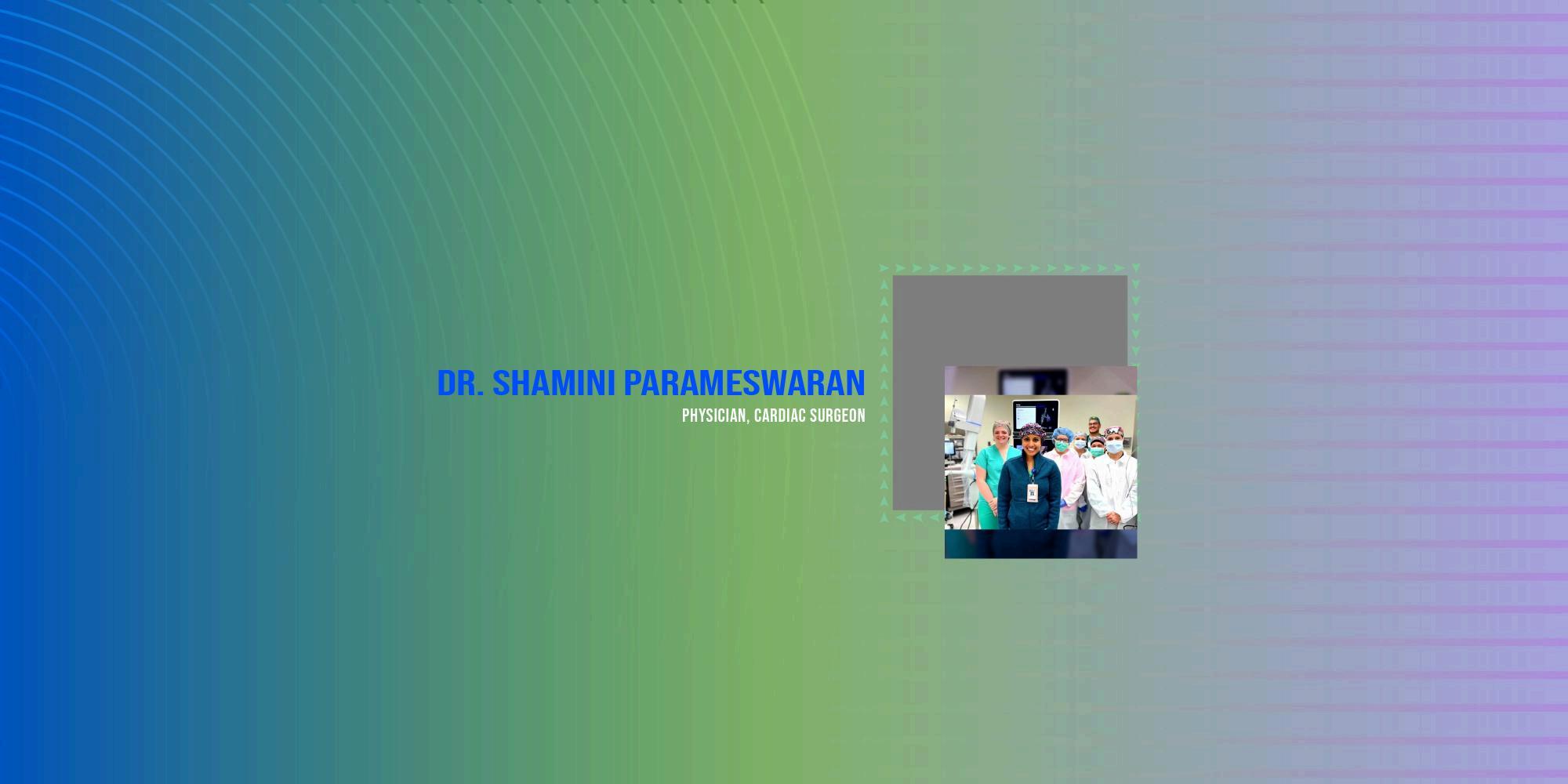Dr. Shamini Parameswaran: The Evolving Role of Leadership in Medical Education

Leadership in medical education has grown increasingly vital as the healthcare landscape continues to evolve. The complexity of modern medicine, the rapid pace of technological advancements, and the rising demands on healthcare systems make strong leadership essential to cultivate the next generation of healthcare professionals. Medical educators are no longer simply teachers; they are mentors, advocates, and change agents who play a crucial role in shaping the future of medicine,as defined by Dr Shamini Parameswaran
One of the most critical aspects of leadership in medical education is the ability to inspire and guide students in a way that fosters lifelong learning Medical professionals must continuously adapt to new research, technologies, and treatment methods. A leader in medical education must therefore instill a mindset of curiosity and resilience in their students This means creating an environment where questions are encouraged, collaboration is nurtured, and critical thinking is a core value Leaders in medical education are tasked with providing the tools and support necessary for students to grow into professionals who can navigate the complexities of patient care with both confidence and humility.
Furthermore, leadership in this field involves creating an inclusive, diverse learning environment. Medicine is an ever-changing field that serves an increasingly diverse global population Leaders in medical education must ensure that the curriculum is reflective of the
challenges and experiences faced by patients from all walks of life This includes addressing health disparities, promoting cultural competency, and preparing students to work in multidisciplinary teams By leading with a commitment to equity and inclusion, medical educators ensure that students are well-equipped to serve diverse communities effectively.
The role of leadership also extends beyond the classroom Effective leaders in medical education must engage in research, advocacy, and policy development that shape the direction of medical training As healthcare systems face increasing pressure to adapt to global health challenges, educational leaders are essential in advocating for curricular changes, improved teaching methods, and the integration of emerging technologies into medical programs. Leadership in medical education is about creating systemic change that will enhance the quality of healthcare delivery for generations to come
Lastly, the demands on medical educators themselves are intensifying As mentors, leaders must balance their roles as educators with their professional development. To lead effectively, they must stay informed of the latest medical advancements, teaching methodologies, and healthcare trends Additionally, they must foster resilience in themselves and their students, promoting a culture of well-being that can withstand the pressures of a challenging profession.
Leadership in medical education is multifaceted, requiring not only the ability to teach but also to inspire, advocate, and adapt. With strong leadership, medical educators can cultivate professionals who are equipped to meet the challenges of an ever-changing healthcare landscape, ensuring that patients receive the highest quality care
